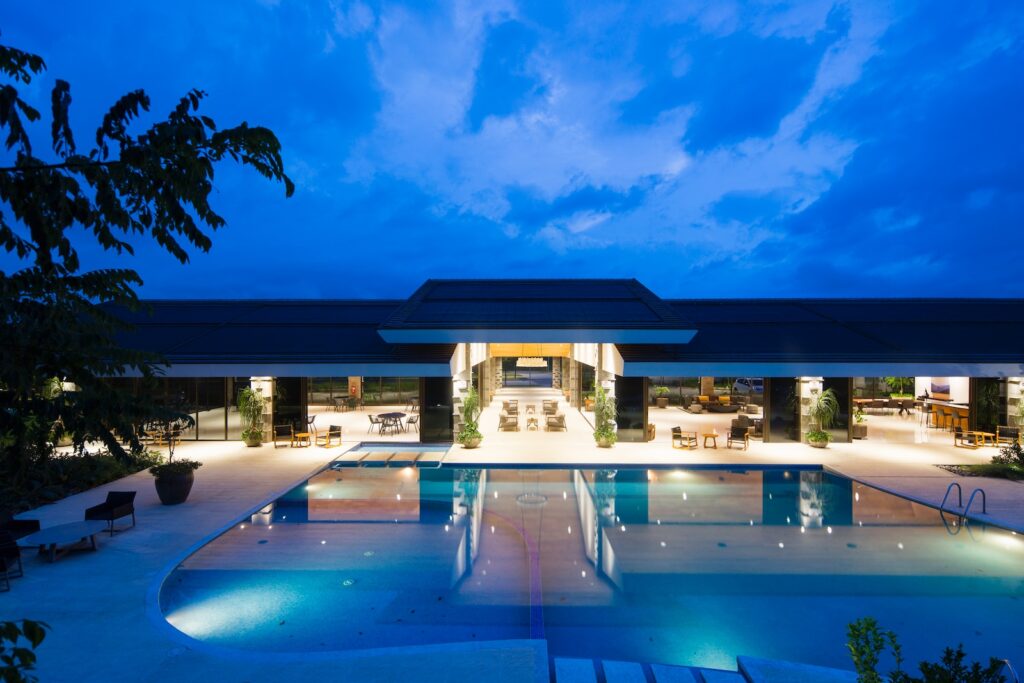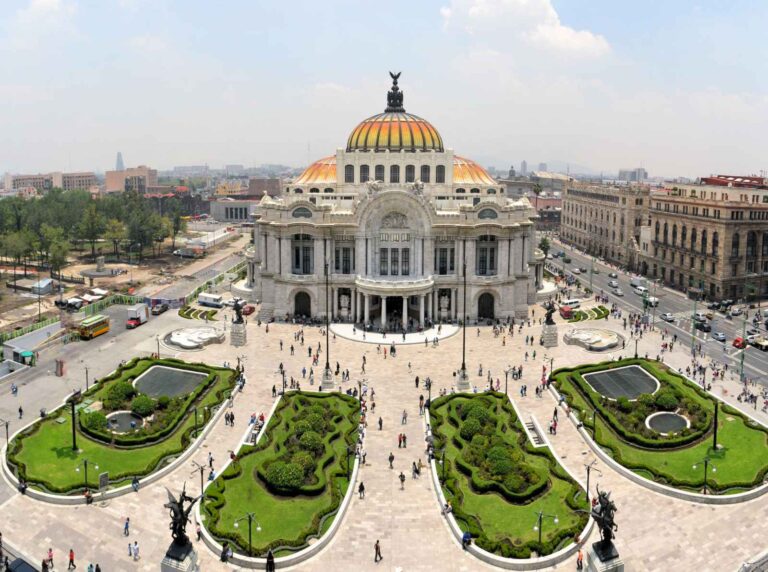Hotel Security Systems: Key Features, Benefits, and FAQs

In today’s world, ensuring the safety and security of guests is of utmost importance for hoteliers. With the advancements in technology, hotel security systems have become more sophisticated and efficient, providing a comprehensive solution to protect guests, staff, and the property. This article aims to explore the key features and benefits of hotel security systems, shedding light on the importance of implementing such systems in the hospitality industry.
Table of Contents
Key Features of Hotel Security Systems:
1. Surveillance Cameras:
One of the fundamental components of any hotel security system is surveillance cameras. These cameras are strategically placed throughout the property to monitor and record activities in various areas, such as lobbies, hallways, parking lots, and common spaces. Surveillance cameras act as a deterrent to potential criminals and provide valuable evidence in case of any security breaches.
2. Access Control Systems:
Access control systems play a crucial role in ensuring that only authorized individuals have access to certain areas of the hotel. This is achieved through the use of keycards, biometric systems, or PIN codes. Access control systems not only enhance security but also enable hotels to track and manage the movement of guests, staff, and visitors within the premises.
3. Alarm Systems:
Alarm systems are designed to alert hotel staff and guests in case of emergencies, such as fire outbreaks, break-ins, or suspicious activities. These systems consist of sensors, detectors, and sirens that are strategically placed throughout the property. Alarm systems provide an immediate response, allowing for swift action and minimizing potential risks.
4. Video Analytics:
Modern hotel security systems often incorporate video analytics, which use artificial intelligence to analyze video footage in real-time. Video analytics can detect and alert hotel staff about suspicious behavior, unattended objects, or unauthorized access. This feature enhances the effectiveness of surveillance cameras and reduces the need for constant monitoring.
5. Integration with Emergency Services:
Hotel security systems can be seamlessly integrated with emergency services, such as police or fire departments. In case of emergencies, the system can automatically notify the relevant authorities, ensuring a quick response and efficient handling of the situation.
Benefits of Hotel Security Systems:
1. Guest Safety:
The primary benefit of hotel security systems is the safety and well-being of guests. By implementing robust security measures, hotels create a safe environment where guests can relax and enjoy their stay. This not only enhances customer satisfaction but also improves the hotel’s reputation.
2. Theft and Crime Prevention:
Hotel security systems act as a deterrent to potential criminals, significantly reducing the risk of theft, vandalism, and other criminal activities. The presence of surveillance cameras and access control systems creates a sense of accountability and discourages unauthorized individuals from entering restricted areas.
3. Employee Safety:
Hotel security systems not only protect guests but also ensure the safety of hotel staff. With features like panic buttons and emergency alarms, employees can quickly summon help in case of threatening situations or medical emergencies. This fosters a secure work environment, leading to increased productivity and employee satisfaction.
4. Liability Protection:
In the unfortunate event of accidents or security breaches, hotel security systems provide invaluable evidence that can be used for investigations and legal purposes. This protects hotels from false claims and helps in resolving disputes quickly and efficiently.
5. Operational Efficiency:
Hotel security systems streamline various operational processes, such as monitoring guest movements, managing access control, and detecting suspicious activities. This improves the overall efficiency of the hotel, allowing staff to focus on providing exceptional customer service.
Frequently Asked Questions (FAQs):
Q: Can hotel security systems be customized to fit the specific needs of a property?
A: Yes, hotel security systems can be tailored to meet the unique requirements of each property. Security system providers work closely with hotels to understand their specific needs and design a solution accordingly.
Q: Are hotel security systems expensive to install and maintain?
A: The cost of installing and maintaining a hotel security system varies depending on the size and complexity of the property. However, the benefits derived from enhanced security far outweigh the costs involved.
Q: Are hotel security systems vulnerable to hacking or cyber-attacks?
A: Modern hotel security systems employ advanced encryption techniques and security protocols to safeguard against hacking or cyber-attacks. However, it is essential to choose a reputable security system provider and regularly update the system to ensure optimal protection.
Q: Can hotel security systems be remotely monitored?
A: Yes, many hotel security systems offer remote monitoring capabilities, allowing hotel staff or security personnel to monitor the premises from anywhere, using a computer or mobile device.
Q: Are hotel security systems compatible with existing infrastructure?
A: Hotel security systems can be seamlessly integrated with existing infrastructure, such as CCTV cameras or access control systems, minimizing the need for significant modifications or replacements.
In conclusion, hotel security systems are vital for ensuring the safety and security of guests, staff, and property. With features like surveillance cameras, access control systems, alarm systems, video analytics, and integration with emergency services, these systems provide comprehensive protection against theft, crime, and emergencies. Implementing a robust hotel security system not only enhances guest satisfaction but also improves operational efficiency, employee safety, and liability protection.



